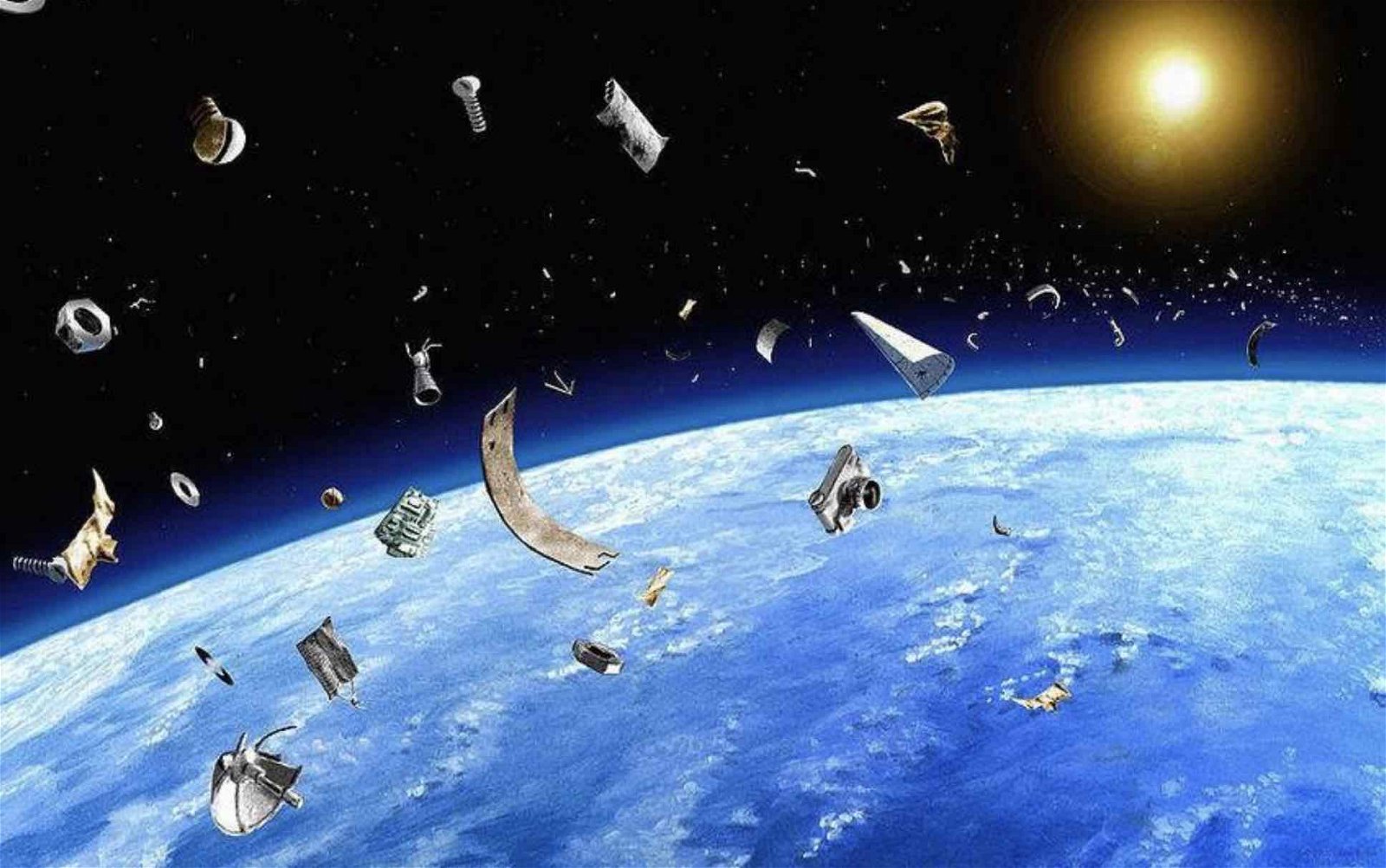An international group of scientists, experts in space technology, and ocean pollution is calling for a legally binding treaty aimed at protecting Earth from space junk that could result from expanding industries operating in Earth’s orbit in the coming decades.
The team, who outlined their concerns in the journal Science, points to concerns about the estimated 9000 satellites currently orbiting the Earth and the expectation that number could increase to more than six times that number by 2030.
The team’s concerns echo past reports that indicate potential dangers that could increasingly arise from the accumulation of space junk in the years ahead.
Additionally, there are an estimated 100 trillion pieces of debris forming a layer of space junk around Earth that could endanger spacecraft and future space missions.
“The exploitation of Earth’s orbit is in its infancy,” the authors wrote, “but on a fast trajectory, highlighting the need for urgency.”
The team says that current issues involving pollution in Earth’s oceans offer a glimpse at what could also happen to Earth’s orbital space in the years ahead if action isn’t taken to limit space junk right now.
“Taking into consideration what we have learned from the high seas, we can avoid making the same mistakes and work collectively to prevent a tragedy of the commons in space. Without a global agreement we could find ourselves on a similar path,” says Imogen Napper, Ph.D., a research fellow at the University of Plymouth who led the study.
Napper and her team say that while many space industries are already aware of issues related to sustainability regarding satellites and other spacecraft placed into Earth orbit, a legally-binding treaty would make it a requirement for all nations to act in accordance with the same international standards.
While acknowledging the current Outer Space Treaty of 1967, the team argues that it is “hindered by ever-changing geopolitics, technology, and commercial gain.”
“The competing interests, lack of corporate responsibility, and nation-specific regulations without enforcement that have impeded high seas protection now threaten Earth’s orbit,” they add.
The proposed agreement, Napper and her colleagues say, should incorporate measures that involve producer and user responsibility for satellites and debris that begin from the time they are launched and remain in effect thereafter.
“Enforcement of collective international legislation should be put in place,” the team writes, “including fines and other incentives to ensure accountability.”
The authors add that the proposed treaty should also “require that any countries with plans to use Earth’s orbit commit to global cooperation.”
Dr. Moriba Jah, Associate Professor of Aerospace Engineering and Engineering Mechanics at The University of Texas at Austin, called working with experts in space technology on the common problems Earth faces with oceanic pollution exciting, adding that “marine debris and space debris are both an anthropogenic detriment that is avoidable.”
“Going forward we need to take a much more proactive stance to help safeguard the future of our planet,” said Professor Richard Thompson, Head of the International Marine Litter Research Unit at the University of Plymouth.
“There is much that can be learned from mistakes made in our oceans that is relevance to the accumulation of debris in space,” Thompson said.
Micah Hanks is the Editor-in-Chief and Co-Founder of The Debrief. He can be reached by email at micah@thedebrief.org. Follow his work at micahhanks.com and on Twitter: @MicahHanks.

